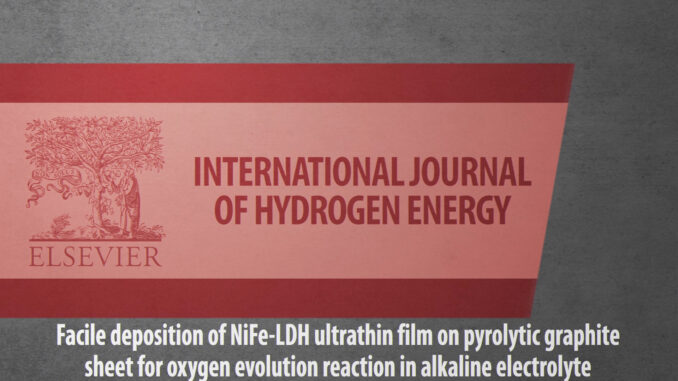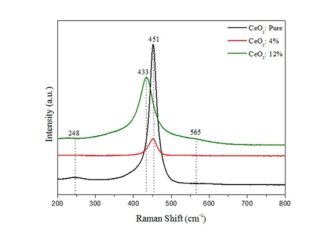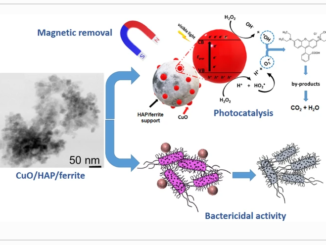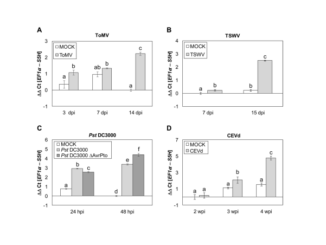
Facile deposition of NiFe-LDH ultrathin film on pyrolytic graphite sheet for oxygen evolution reaction in alkaline electrolyte
Abstract: NiFe-layered doubly hydroxide (LDH) is one of the most active materials for hydroxyl oxidation in an alkaline electrolyte. In this study, we explored a facile method of depositing NiFe-LDH catalyst on pyrolytic graphite sheets (PGSs) to explore the synergistic effects at the substrate–electrocatalyst interface. The catalyst was electrodeposited on PGSs using chronoamperometry. The homogeneous distribution of the catalyst with nanosheet morphology on the PGS’s surface produced an ultrathin film. The NiFe25/PGS sample showed a low overpotential (332 mV) and Tafel slope (33 mV dec−1). The fitting of the Nyquist plots was performed using an equivalent circuit, and the NiFe25/PGS (1.69 Ω) sample showed the lowest charge transfer resistance among the studied catalysts. In addition, PGS proved a better substrate for the alkaline oxygen evolution reaction compared to glassy carbon and fluorine-doped tin oxide.
Author(s): Gozzo, C. B.; Soares, M. R. S.; Destro, F. B.; Junior, J. B. S.; Leite, E. R.
International Journal of Hydrogen Energy
Published: 15 February 2022, Volume 47, Issue 14, Pages 8786-8798
DOI: https://doi.org/10.1016/j.ijhydene.2021.12.245
CDMF
The CDMF, hosted at the Federal University of São Carlos (UFSCar), is one of the Research, Innovation and Dissemination Centers (RIDC) supported by the São Paulo State Research Support Foundation (Fapesp), and also receives investment from the National Council Scientific and Technological Development (CNPq), from the National Institute of Science and Technology of Materials in Nanotechnology (INCTMN).




